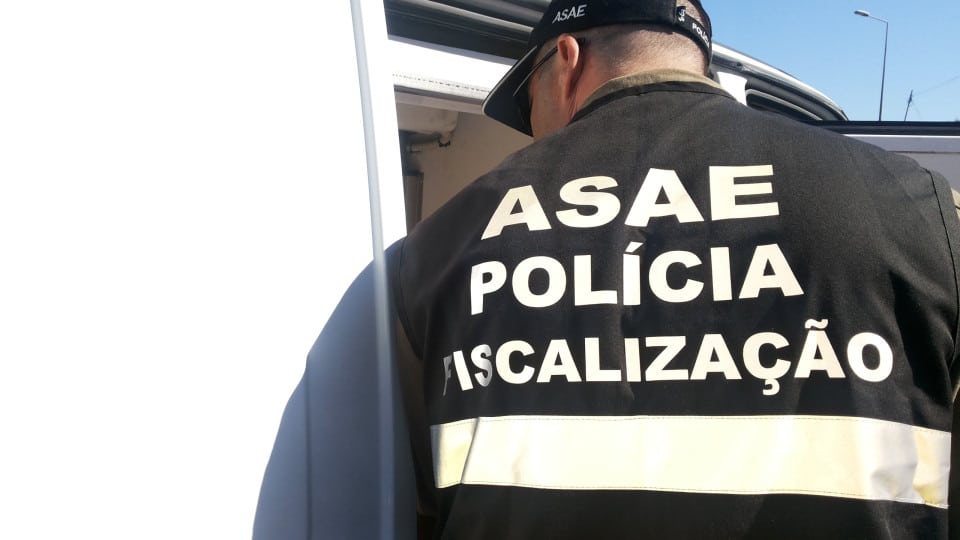Eight years after the last edition, Soutocico, in the municipality of Leiria, will once again bring to life the “Enterro do Bacalhau”, a street theater show with roots in 1938 and which could attract up to 4,000 visitors, says the organization.
The community and pagan spectacle will take place on April 6, involving over 280 extras, aged from 4 to 85.
Usually held every four years, the “Enterro do Bacalhau” in Soutocico, a village in the parish of Arrabal, seven kilometers from Leiria, is returning after the pandemic-imposed interregnum, and so this will be an edition with a special flavor, the president of the Soutocico Recreational and Sports Club, Sílvia Brites, told Lusa.
“There’s a lot of enthusiasm, people are very motivated and want to take part. As far as the organization is concerned, we haven’t done this for eight years, that’s a long time. The ‘Enterro do Bacalhau’ is our ‘ex-libris’, it’s our baby.”
If the weather helps, “we’ll have between three and four thousand people here,” she says of the number of visitors. “The last edition was in 2016” and “people miss it”.
The tradition, he recalls, began in 1938, representing the time, in the 16th century, when the Church forbade the consumption of meat during Lent – unless you paid the Bull. Alternatively, the less well-off people ate cod, “at the time the cheapest fish”.
“After the seven weeks of Lent, they would bury their faithful friend who had helped them to starve their families,” says Sílvia Brites.
With a betrayal and a denunciation to the authorities in between, Soutocico’s “Enterro do Bacalhau” includes the funeral and burial, in fact, of the cod, “with gravedigger and all”. And there are three sermons dedicated to it: Life and Death, Testament and Funeral.
“The texts are updated every issue to contain social criticism – and we’re at a very good time for news, we have a lot of material! It’s actually a funeral, but it’s for laughs, there’s always some sarcasm, some irony,” notes the organizer.
Until the burial, there’s a procession through the village, about 1.5 kilometers long, which includes actors and extras playing priests and nuns, fishermen, women, bakers, firemen, mourners, among others. The Soutocico Philharmonic and members of the Arrabal band and other musicians perform Chopin’s funeral march. The play ends with the “Judgement of Judas”
In Soutocico, street theater began in 1938, but was quickly banned by the dictatorship and only returned in 1977, “albeit in a different form”. And there were problems again: the Catholic Church was against the representation of priests, nuns and even a bishop in the pagan festival.
“The priest said at mass: ‘It’s the Burial of the Cod, but Catholics aren’t going. Close your doors and windows and don’t go’. It was really complicated,” recalls Sílvia Brites. The Soutocico Philharmonic was even “excommunicated for taking part in a street theater. Those were complicated times.
Once the difficulties had been overcome, the date changed and communication channels established with the Church, Soutocico’s “Burial of the Cod” is now “a source of great pride” for those who live in the village.
“We all really want to keep this tradition alive,” and the festival is even being considered for the Intangible Cultural Heritage Inventory.
Soutocico’s “Enterro do Bacalhau” kicks off on Saturday at 17:00 with the Bacalhau Gastronomic Festival, where dishes made with cod are served. The street play starts at 21:00.







